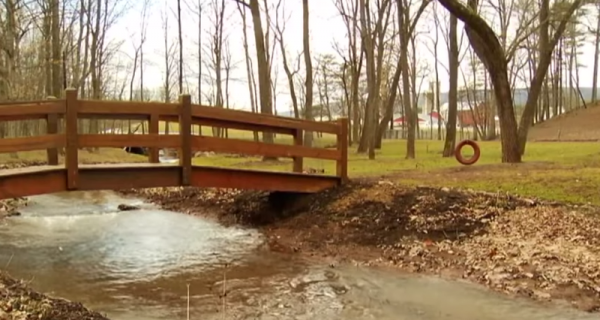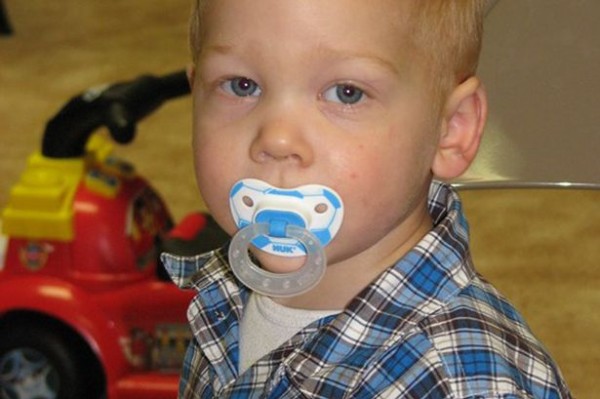A 22-month-old boy did not have a pulse and wasn’t breathing for 100 minutes after he fell into an icy stream in Mifflinburg, in Pennsylvania, USA.
Gardell Martin was playing with his brothers outside when he accidentally fell into an icy stream and his family was trying to find him for more than an hour. The boy’s mother, Rose Martin, called 911 while her two teenage daughters, two sons and one neighbour were searching for the toddler. After awhile the boy’s lifeless body was found caught up in a tree branch, he wasn’t breathing and did not have pulse.
The boy was rushed to hospital, with non-stop resuscitation in an ambulance, at a community hospital, aboard a medical helicopter and in a hospital accident and emergency room. A team of some 30 doctors and nurses threw all efforts into the boy’s rescue. Gardell’s body temperature was 77 degrees when he arrived, more than 20 degrees below normal.
However, Dr Frank Maffei ordered *cardiopulmonary resuscitation (CPR) to continue while the team slowly warmed his body and around 82 degrees, they detected a pulse. Against all odds, his heart had restarted. Hours later, Gardell regained consciousness and his brain function was normal, stunning doctors yet again. Afterwards, Dr Maffei who has never encountered such a recovery in his 23 years as a doctor, said:
“The boy’s hypothermia worked to his advantage, dramatically slowing his metabolism and giving his organs ‘some degree of protection from cardiac arrest. It’s not only extraordinarily rare that we got the kid back, but what’s even more extraordinary is the rate at which he recovered and the completeness of his recovery.” His mother, Rose Martin added:“There is no doubt in my mind it’s a miracle. God had the right people in the right place at the right time and they all did a wonderful job.”
*Cardiopulmonary resuscitation is a lifesaving technique useful in many emergencies, including heart attack or near drowning, in which someone’s breathing or heartbeat has stopped.







